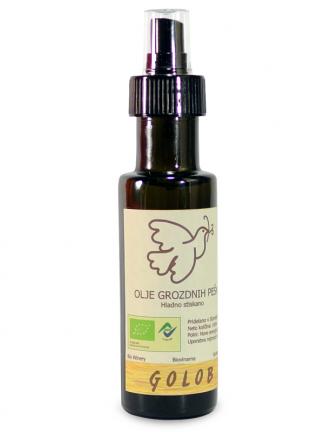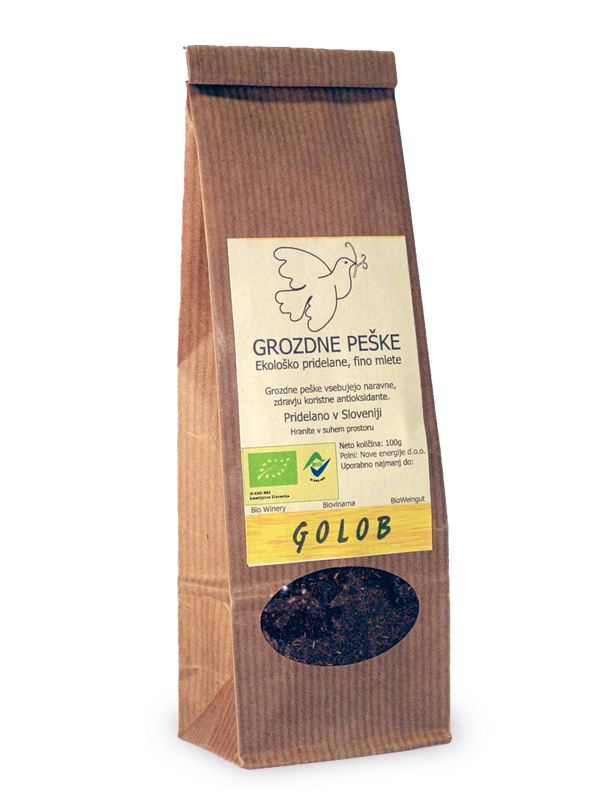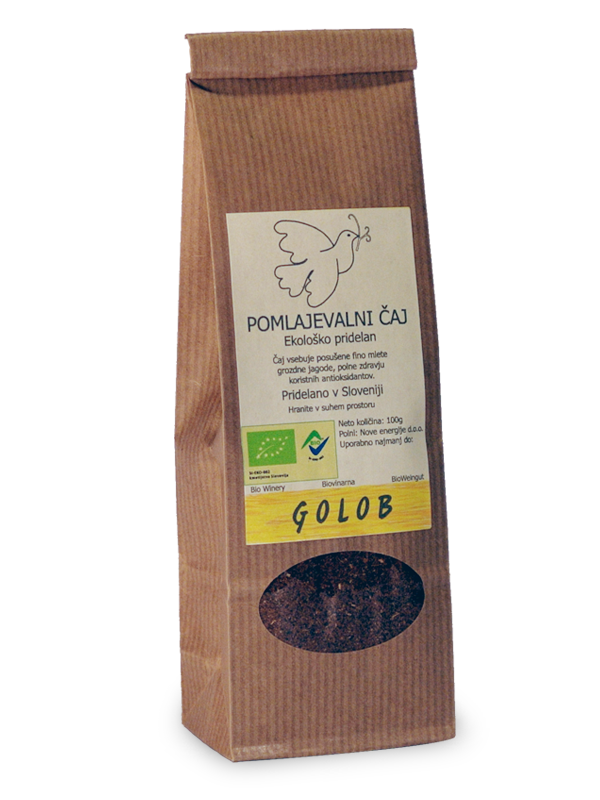Global use of grapeseed oil has increased significantly over the past ten or twenty years. One of the most powerful reasons for this change is its growing reputation as a healthy oil. Producers and marketers of grapeseed oil are not shy about touting the many health benefits of grapeseed oil. On the other hand, the pharmaceutical industry has often disagreed with many of these assertions.
In this article, we will examine current research and see which claims about grapeseed oil are factual and which are fiction. We will decide once and for all if grapeseed oil contributes to a healthy diet or if it should be avoided.
Marketing Claim #1 – Grapeseed Oil is Always Good for your Health
This is a myth. The truth is different companies may produce grapeseed oil using very different methods. This disparity in production methodology may have a profound effect on grapeseed oil quality and its potential health benefits.
Grapeseed oil is produced from grape seeds. While grape seeds were initially discarded as a useless byproduct of winemaking in earlier years, modern technology has helped winemakers to generate a new income stream by producing and selling grapeseed oil. Some companies use toxic chemical solvents such as hexane in the oil production process. Although these solvents are removed from the final product, traces of these toxic chemicals may remain and have a negative impact on your health.
Does this mean all grapeseed oil is bad? No it doesn’t. A healthier alternative is organic, cold-pressed grapeseed oil. Cold pressed oils retain their natural aroma, nutrition, and flavor and do not use toxic chemicals during production. You can buy organic, cold-pressed grapeseed oil online here.
Marketing Claim #2 – Grapeseed Oil is packed with vitamin E
This is true. You can get almost 4 mg of vitamin E from a single tablespoon of grapeseed oil. This amount is 19% of the recommended daily intake of vitamin E. Vitamin E acts as an antioxidant in the body, boosts the immune system, widens blood vessels to improve blood flow, and promotes healthy cell functioning.
Marketing Claim #3 – Grapeseed Oil is packed with phenolic antioxidants
This is true. Grapeseed oil contains phenolic antioxidants that help prevent oxidative damage from free radicals in the body. If left unchecked, free radicals may damage your body’s cells, proteins, lipids, and DNA. Free radicals have also been linked with a number of diseases such as cancer, dementia, diabetes, and atherosclerosis. Regular consumption of natural, dietary antioxidants can help to improve your health.
Marketing Claim #4 – Grapeseed Oil is a Healthy Oil for Frying
This is false. Although grapeseed oil has a relatively high smoke point, it is not suitable for frying or sauteing. The main reason is that grapeseed oil contains 70% polyunsaturated fats. These polyunsaturated fats may break down and release free radicals if exposed to high heat. And as previously discussed, free radicals can be very damaging to the human body.
Marketing Claim #5 – Grapeseed Oil’s High Polyunsaturated Fat Content Makes it Unsafe for Consumption
This is false. While grapeseed oil is not the best oil for frying, it is excellent for baking. You can also use grapeseed oil to make mayonnaise, low temperature sauces, dressings, and other condiments. The linoleic acid in grapeseed oil helps to reduce inflammation that may lead to disease. Grapeseed oil has also been linked with reduced blood clotting and improved insulin resistance.
The Bottom Line
The truth is grapeseed oil has several health benefits for consumers. However, more research is needed to fully understand all of its positive effects. Grapeseed oil, like many other foods, should be consumed in moderation if you want to enjoy a long and healthy life. If you interested in adding organic, cold-pressed grapeseed oil to your diet, you can order it online here.
References
https://ods.od.nih.gov/factsheets/VitaminE-Consumer/
https://www.ncbi.nlm.nih.gov/pubmed/28752873
https://www.ncbi.nlm.nih.gov/pubmed/22889633
https://nutritiondata.self.com/facts/fats-and-oils/579/2
https://www.ncbi.nlm.nih.gov/pubmed/23506314/
https://www.ncbi.nlm.nih.gov/pubmed/25741817
https://onlinelibrary.wiley.com/doi/pdf/10.1111/j.1745-4506.2001.tb00028.x
Image courtesy of David Swift



